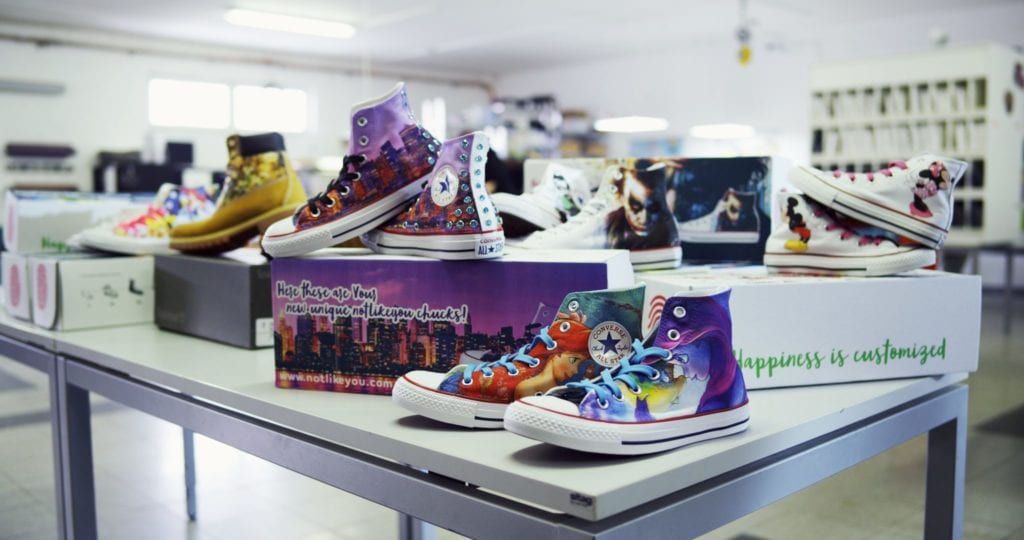As a marketing executive, you’ve experienced the different ways Gen Zers consume media and receive marketing messages. As a graduate student in the Northwestern Integrated Marketing Communications Masters program with a special interest in Gen Z, I found two insightful articles you’ll find interesting.
Move over Millennials – here comes Gen Z
In her article, Move Over Millennials – Here Comes Gen Z, Ruth Bernstein defines Gen Z as “consumers who range from ages 2 to 19, though the target range for marketers lies from ages 11 to 16. Gen Zers are the most diverse and multi-cultural of any generation in the U.S.” Bernstein explains that Gen Zers are the least likely to believe there is such a thing as the “American Dream.” They look for products and messaging that reflect a reality rather than a perfect life — an important distinction, according to a study conducted by Ad Age.
Unlike the Millennials before them who respond to traditional notions of beauty or a projected image of perfection, Gen Zers respond to independence and entrepreneurialism, self-direction and a spirit of ingenuity.
Millennials expect success; Gen Zers make their own
Bernstein explains, “Millennials are the generation of customer service — such as the creation of the Apple Genius Bar — to solve problems at any moment. They design their own, unconventional paths, yet they anticipate consistent success (and hand-holding) along the way.” On the other hand, she describes, “Gen Z is a generation of highly-educated, technologically-savvy, innovative thinkers. They look for solutions on their own. They set out to make things on their own.”
So, how does Gen Z’s unconventionality different belief systems affect brands and marketing?
A Forbes article titled, “Four Things Your Brand Needs To Know About Generation Z” discusses how to best market to Gen Zers. Gen Z is the first truly digital native generation, which means that their expectations for functionality and performance on mobile are likely the highest. Forbes states “they’ve come to expect mobile experiences that rival desktop in terms of high-level aesthetic design and a full suite of features.” Forbes specifies an important point to personalize your marketing.
Most brands are familiar with the concept of personalization, but Gen Z’s interpretation of personalization is different They challenge traditional ideas of use, form and function when it comes to all facets of style and design. Forbes describes that “brands should market their products with an understanding that Gen Zers will want to make each piece their own, and a message that’s exactly how they intended it.”
An example of a brand that invites consumers into a collaborative, co-creative design experience is the company notlikeyou. Customers upload a personal image or design and notlikeyou configures and hand paints the individual image and messaging onto a pair of custom Converse Chuck Taylor or Timberline shoes.
It’s important to understand that it’s not hyper-personalization that’s the appeal, rather providing an experience of true self-expression through brand collaboration and authenticity.

How to be a successful Gen Z Brand Innovator
Based on learnings from the two articles and my experience in Northwestern’s Integrated Marketing Communications (IMC) graduate program, I’ve developed three action items you should consider when dealing with a Gen Z brand innovator.
- Get Personal – Putting a person’s name on a product isn’t enough. You must invite the consumer in to collaborate with your brand and make each piece their own.
- Be Authentic: Gen Z has a different belief system then Millennials. Gen Zers look for products and messaging that reflect a reality rather than a perfect life. They don’t value, but demand transparency from the brands they choose to enter a relationship with.
- Be Mobile First: Gen Z are digital natives having never experienced a life without mobile internet. Successful companies will act digitally native, too, creating a seamless and strong overarching brand experience across in-store, packaging, digital and mobile.
Gen Zers are entering the workforce now, so brand and company innovators will integrate Gen Zers values, beliefs, and design aesthetics into their brand and product marketing experience.



























